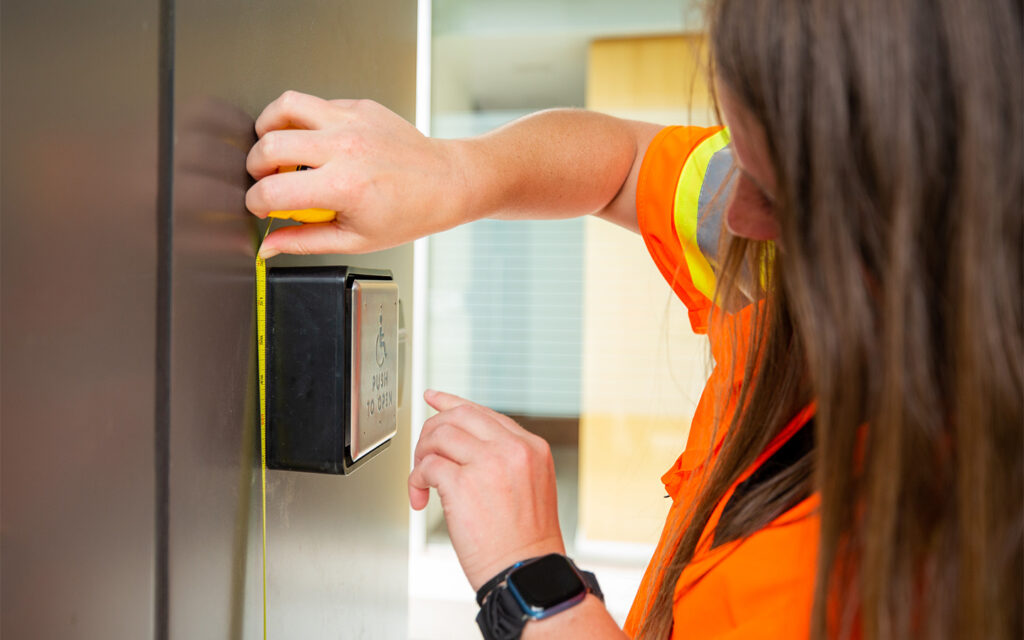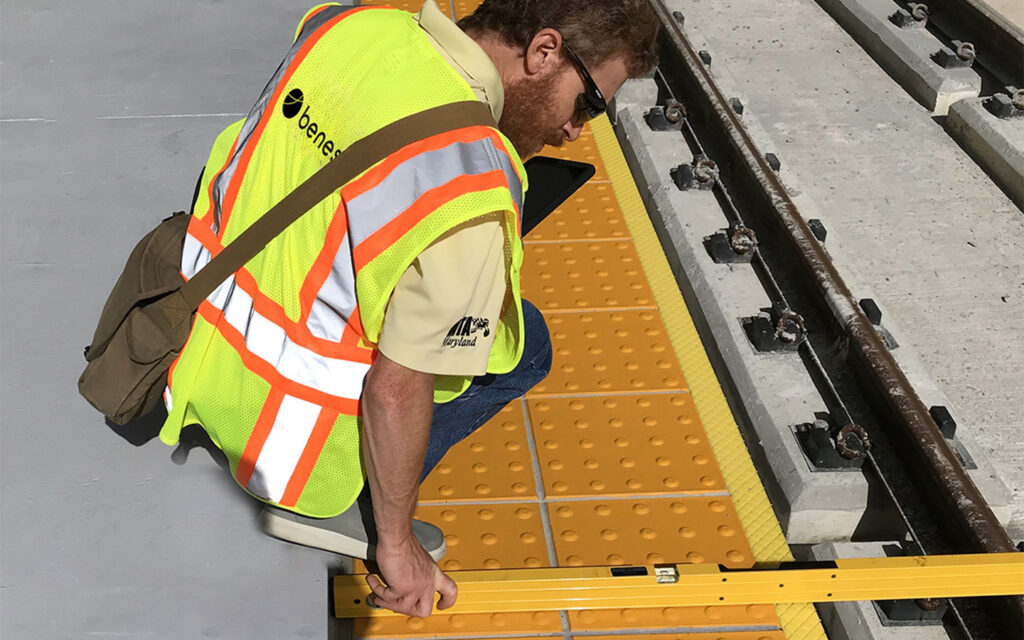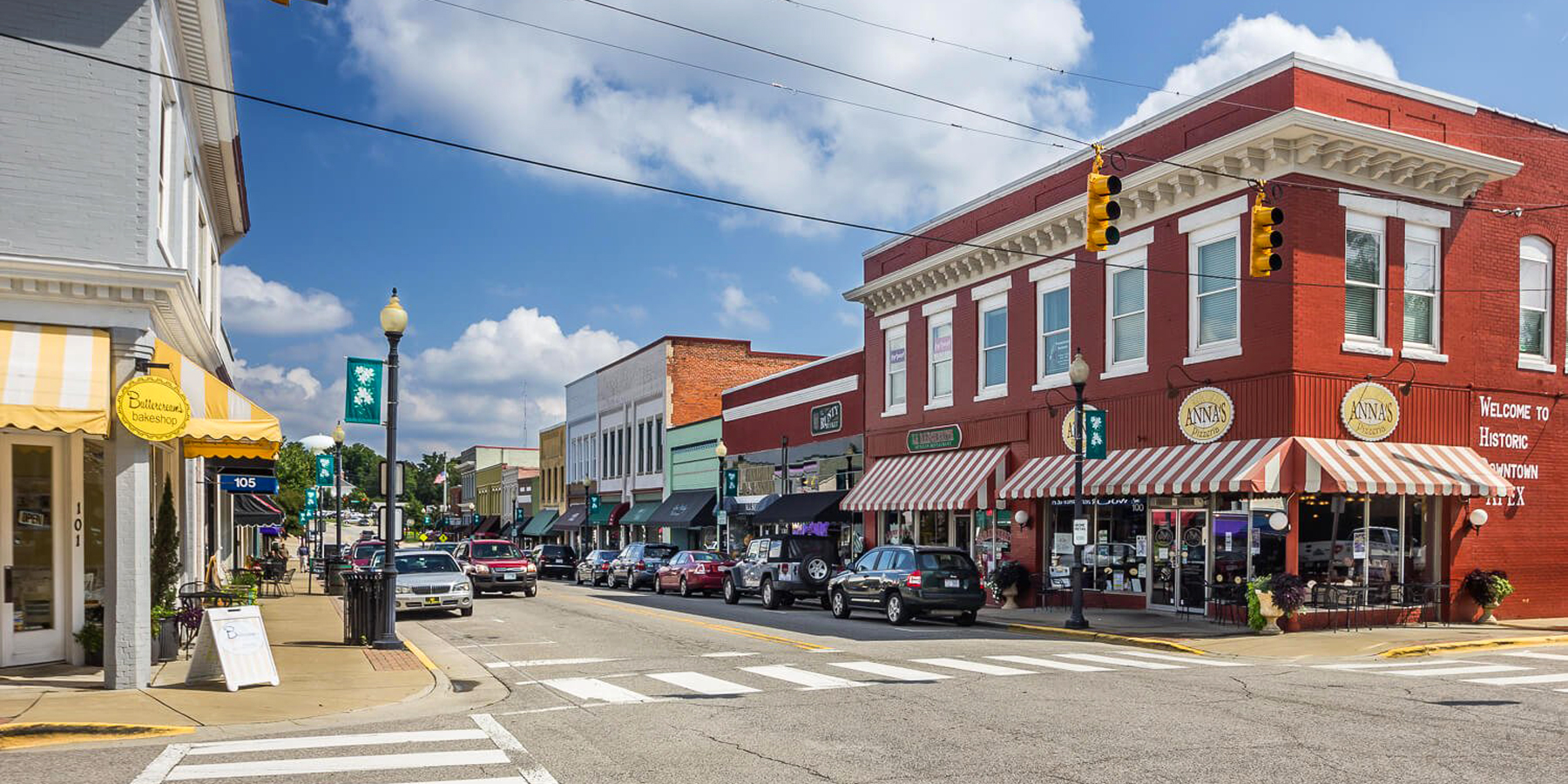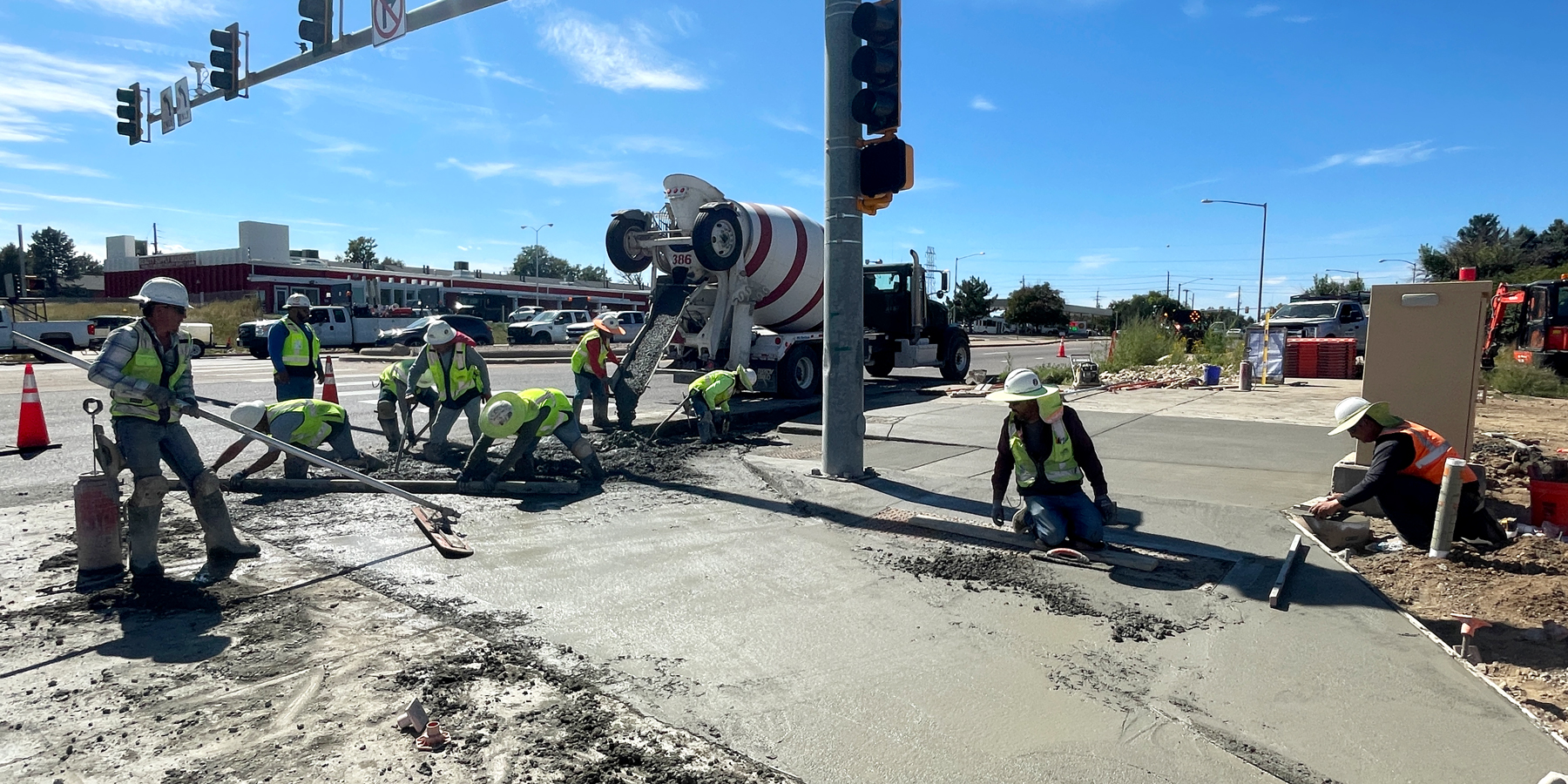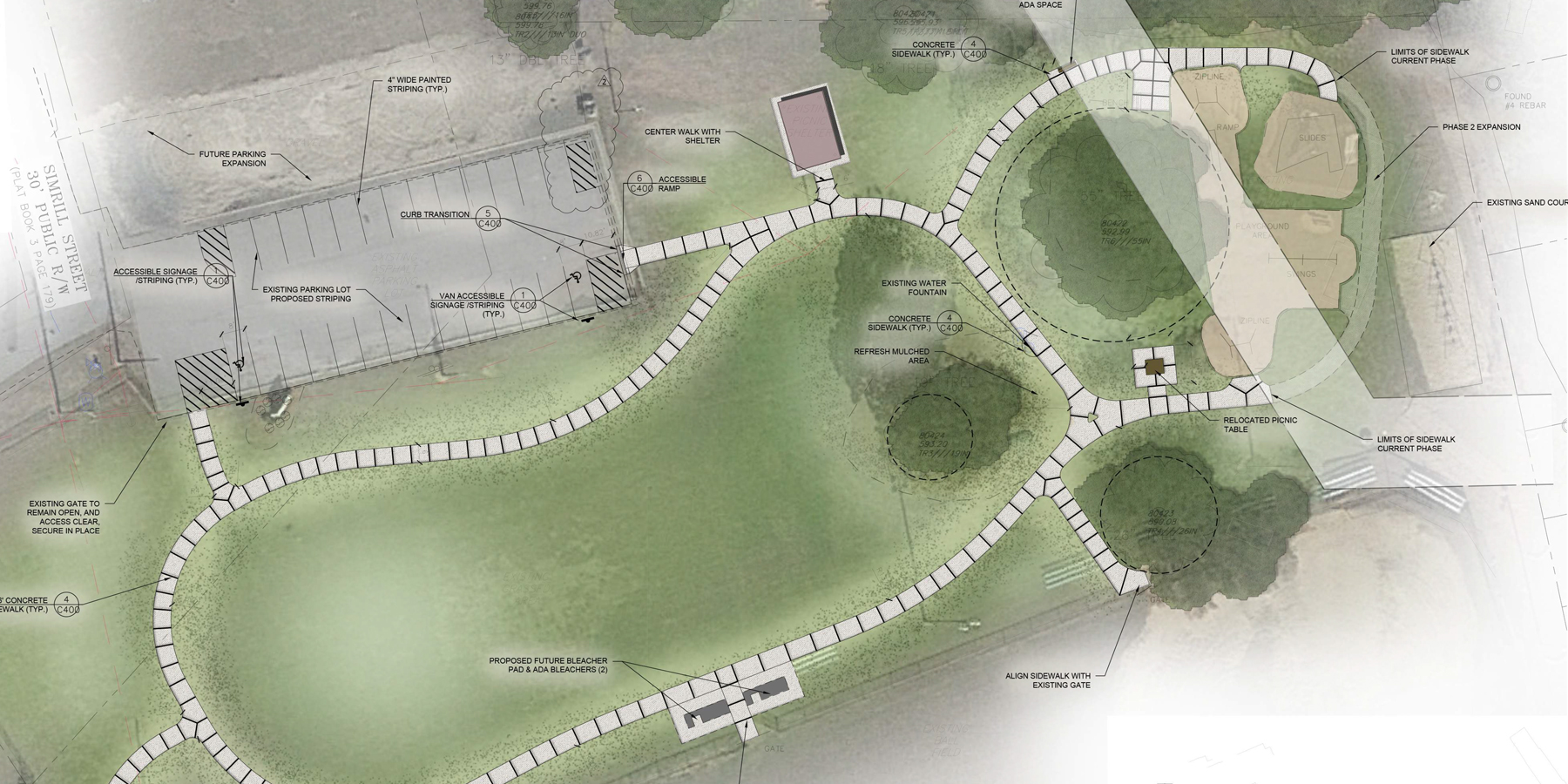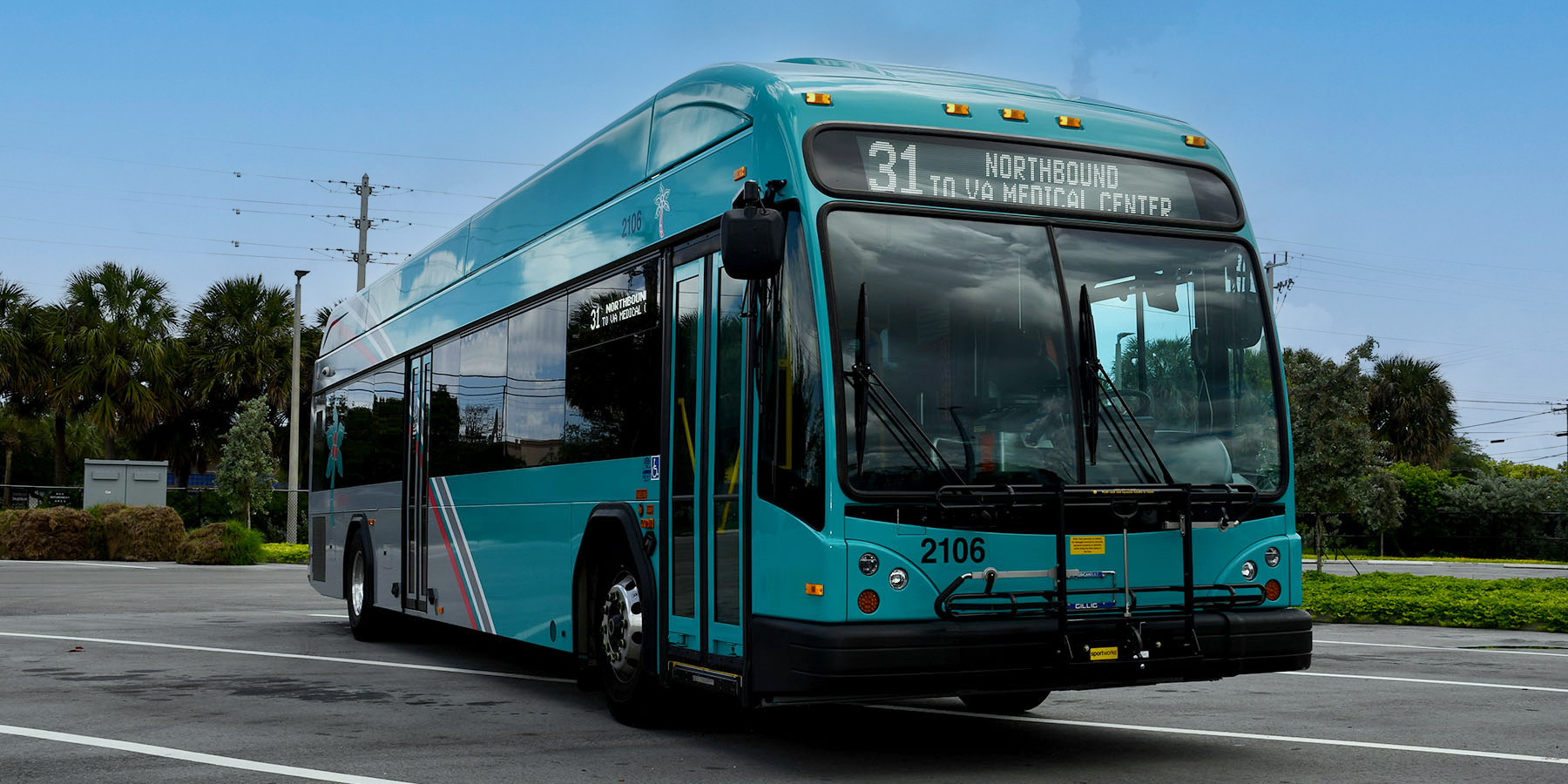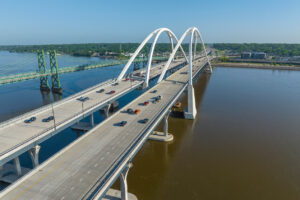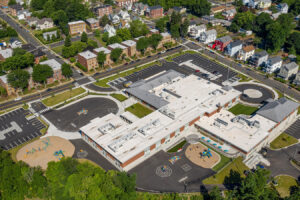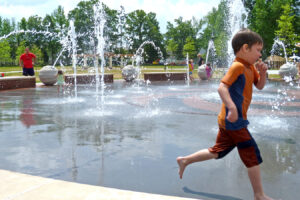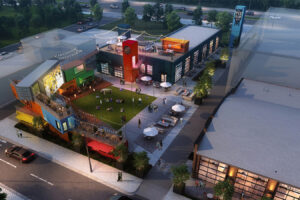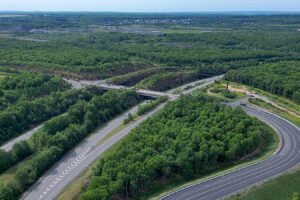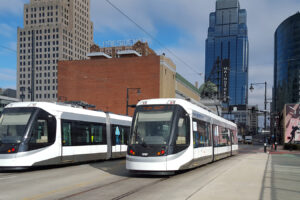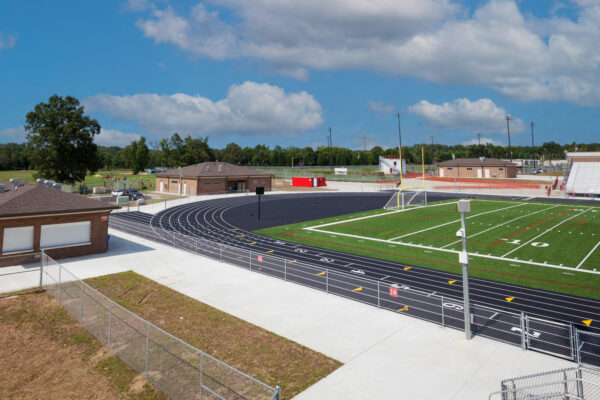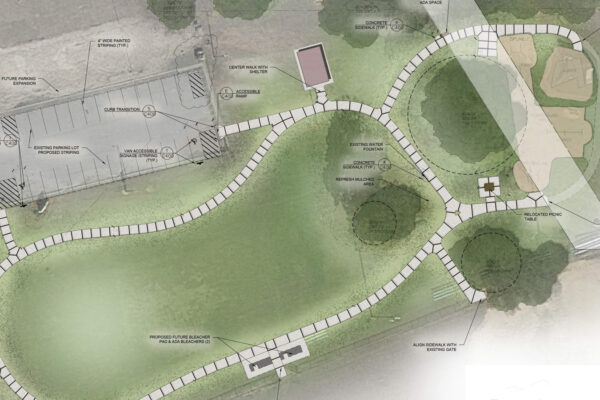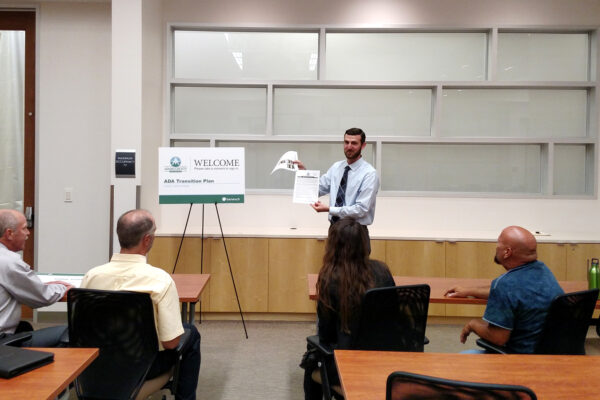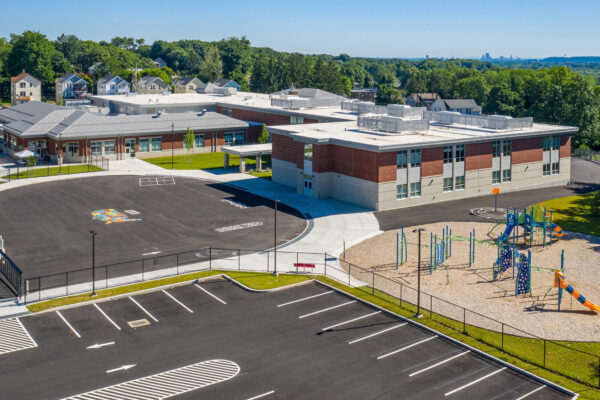Accessibility & ADA Compliance
Ensuring Access for All
Creating and maintaining accessibility is not only a legal requirement stemming from the passing of the Americans with Disabilities Act (ADA), it is also vital to ensuring your community remains inclusive, diverse and safe.
At Benesch, we specialize in helping clients across the country develop solutions for ADA compliant facilities, infrastructure and equipment. From bus stops and crosswalks to entrances and restrooms, our accessibility and ADA compliance experts are well-versed in ADA requirements and the best way to implement them. With a wide range of services and extensive experience, we’ll be your trusted advisor throughout the process.
Unmatched Expertise
Equipped with a deep understanding of federal, state and local regulations and a commitment to delivering innovative solutions, Benesch’s experts are prepared to help you navigate the intricacies of accessibility and ADA compliance at every stage of your project.
We’ll work closely with you to craft a tailored ADA Transition Plan that not only comply with ADA regulations but also promote a welcoming environment for people of all abilities. Our meticulous approach involves thorough site assessments, stakeholder consultations, and a keen understanding of your unique needs and goals.
Our Transition Plans include an executive summary explaining the methodology used during field assessment, prioritization, and cost estimates to remediate deficiencies. Also provided are phasing schedules for work completion planning and standard drawings for remediation methods. With each accessibility element, we provide an ADA code reference and an explanation of how accessibility can be reached. The report also includes general procedures and custom forms/spreadsheets to help you keep track of plan implementation.
Whether it’s an existing or planned facility, program, activity or policy, we can conduct assessments that identify physical and policy-related barriers to accessibility. Data collected from our assessments are summarized in detailed reports describing deficiencies and/or best practices. Specific ADA codes and violations are noted for understanding, as are the proposed steps needed to mitigate the barrier and the estimated cost of mitigation. A barrier severity rating is also included to allow for planning and prioritization.
Using assessment data, we develop SQL, Access, and Excel databases and GIS shapefiles of existing facilities and their associated ADA barriers. These databases and GIS project maps show all locations where barriers to accessibility exist at the time of the field assessment. With information on rankings, priorities, severity of barrier, perceived safety risk, and estimated cost of mitigation included, the database enables our clients to have a streamlined procedure and an interactive GIS database to monitor and report compliance efforts.
If barriers to accessibility are found in construction plans, Benesch’s experienced designers can draft plans for remediation. These plans will be reviewed by our engineers and ADA experts, ensuring that they are in full compliance with U.S. Department of Transportation and U.S. Department of Justice regulations. This transition from planning to design makes accessibility improvements faster, cheaper and more effective for communities.
Ensuring your community is accessible requires your documents to meet ADA requirements as well. We prepare ADA-compliant documents, including PDFs and website accessibility reviews, for clients that adhere to Web Content Accessibility Guidelines (WCAG) and Section 508 compliance requirements. Our in-house experts also have extensive experience in preparing accessible documents for the Federal Transit Administration. They have prepared a myriad of accessible documents, ranging from complex technical documents to graphically intensive executive summaries.
Often the biggest obstacle to ADA compliance for a community is a lack of knowledge and training. To remedy that, Benesch conducts ADA trainings throughout the country. Our experts can train your staff on the intricacies of the ADA to ensure that they understand its requirements and can maintain your facilities and services according to Federal and State Accessibility Code standards. Once all are aware of their responsibilities with the ADA, many violations can be fixed easily–and permanently. As a result, your community becomes more accessible for all and, in turn, decreases your liability from potential civil rights violation lawsuits.
In addition, we perform outreach events, such as public surveys and presentations to local stakeholder groups, to inform the community of your desire to be ADA compliant and ensure their participation and buy-in of the process. This helps improve transparency and helps you to earn the public’s trust.
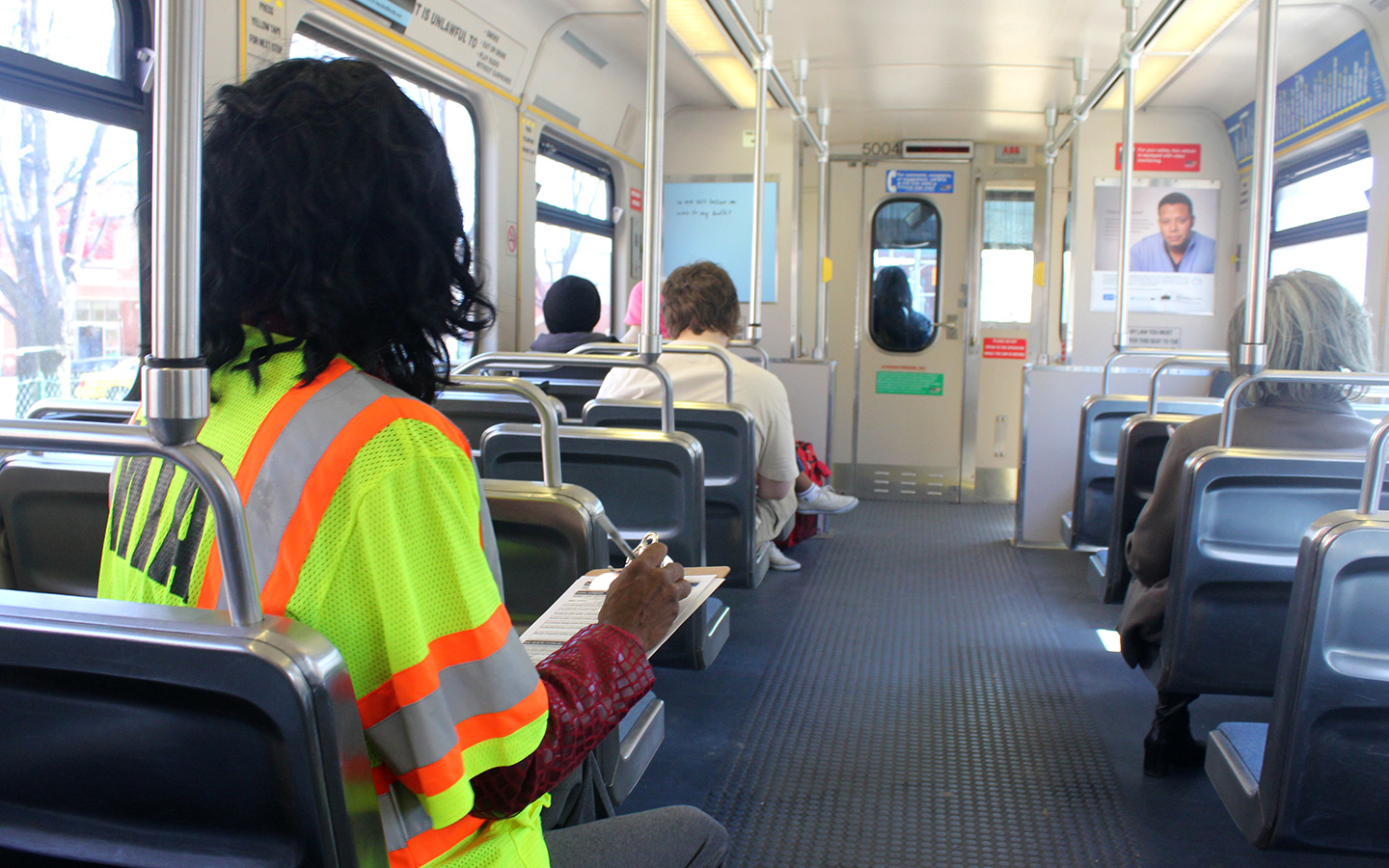
Advocating for Transit Users with Disabilities
The Maryland Transit Administration (MTA) partnered with Benesch to develop a program that ensures transit services are provided in a manner that does not discriminate against people with disabilities.
To accomplish this, we conduct transit monitoring efforts that utilize Benesch-trained mystery riders to assess trips, visibly or covertly, across all transit types. By doing this, ADA compliance requirements along with safety and service quality elements can continuously be monitored.
All issues and violations observed during the monitoring trips are recorded on handheld mobile devices through a proprietary app developed for this specific work. All data captured during monitoring trips is uploaded to dedicated and secure servers. If a safety violation is observed, monitors send an immediate report to Benesch supervisors who vet the data and forward it to MTA operations management staff to expedite action.
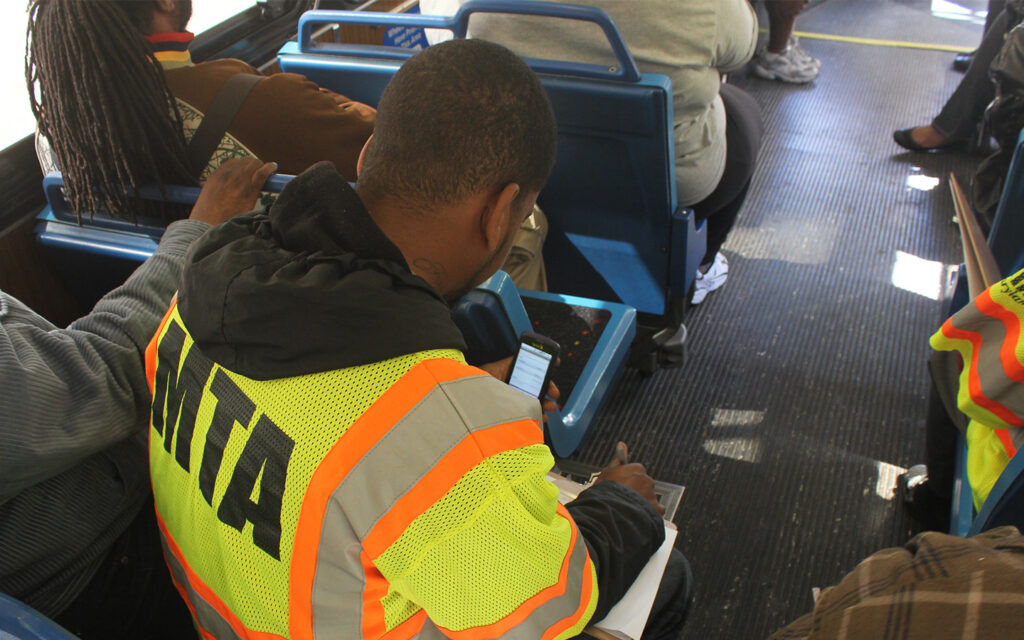
Benesch also provides technical assistance and documentation to training MTA operations staff on the requirements of ADA, how to achieve safe operations, and how to provide high-quality customer service, especially for transit users with disabilities.
Since the start of the program, the average ADA compliance rate has risen to 97%, an improvement of 53%.
All of these efforts create peace of mind for both MTA and transit users.
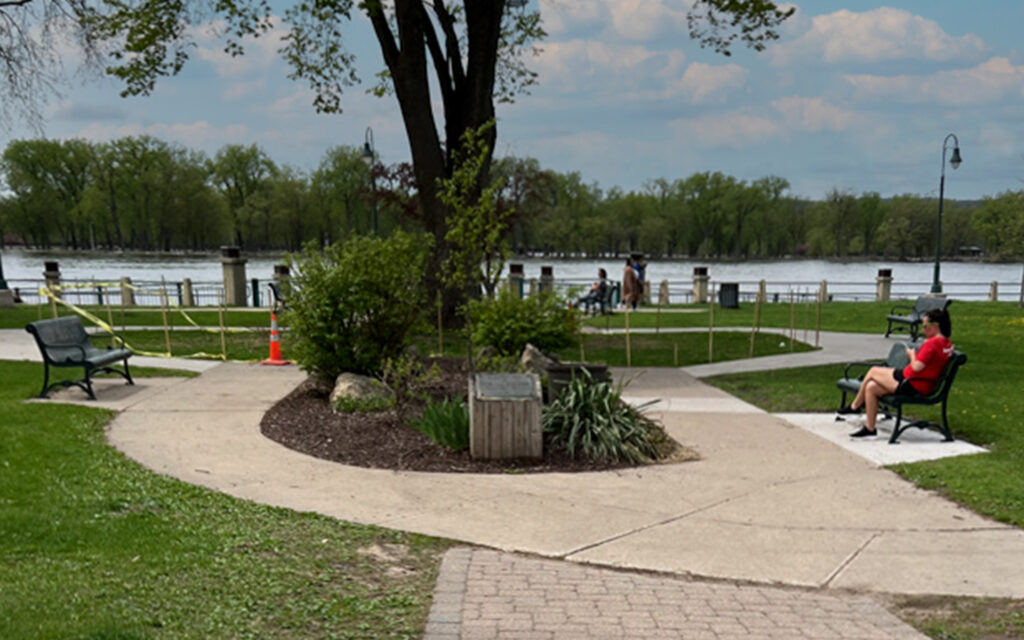
Letting Communities Lead the Way
The City of La Crosse in Wisconsin boasts an active advisory group that works to ensure that City facilities and resources are accessible to all. To support their quest to create a community that respects people with disabilities, Benesch is conducting an evaluation and developing a Transition Plan for compliance with the ADA and applicable Wisconsin accessibility codes for La Crosse City-owned and leased facilities (buildings and parks), Public Rights-of-Way, programs, activities and services.
Together, Benesch, the City of La Crosse and their ADA advisory group will create a more inclusive community for residents and visitors.
Faster, Cheaper and More Effective Accessibility Enhancements
Benesch works to be your partner from the planning phase through to implementation and beyond. This approach enables us to identify ways to make your accessibility improvements faster and ensure they are effective for your unique community.
A key part of Benesch’s approach is proactively preventing issues from occurring by conducting thorough construction plan reviews. While your design plans may be fully compliant, some things can be lost in translation when it comes to construction. Getting another set of eyes on those plans can save you time and money in the long run. After construction is complete, we’ll come in to make sure everything was built according to plan.
Even after plans have been implemented, we’ll stay by your side. With changing codes, regulations and community member needs, ADA compliance and maintaining accessibility is something that requires routine work.
